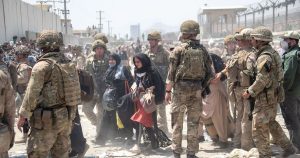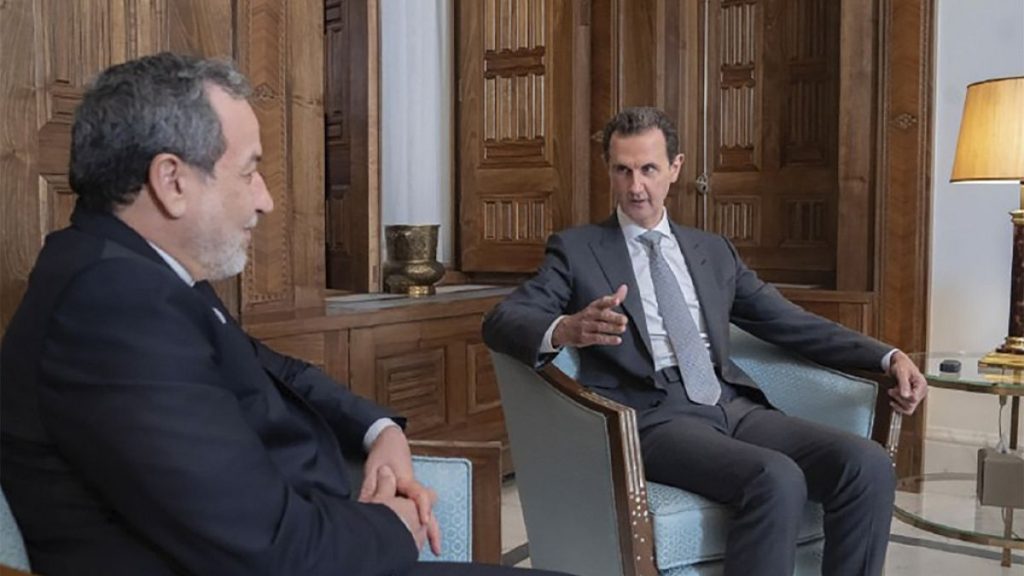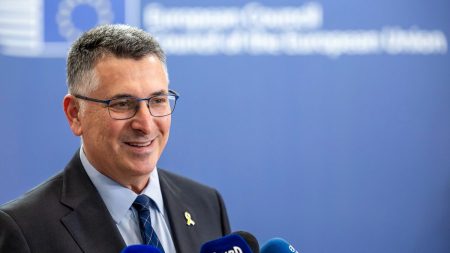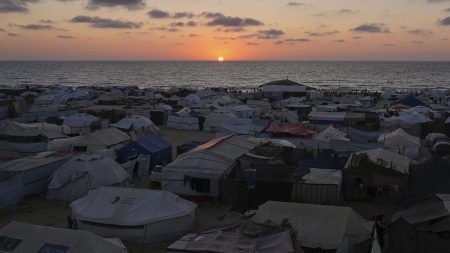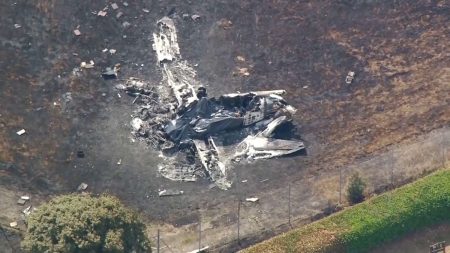Iran’s Deputy Foreign Minister Abbas Araghchi visited Damascus for crucial discussions with Syrian President Bashar Assad as the Syrian army launched counterattacks against insurgents gaining ground in Aleppo and Idlib. This visit underscores Tehran’s commitment to supporting the Assad regime amid a significant resurgence of violence. Ongoing battles have seen the Syrian military attempt to reclaim territory lost in recent surprise advances by insurgent forces. The situation has escalated significantly, with state media in Syria claiming that nearly 1,000 insurgents have been killed in a matter of days, though these assertions lack independent verification.
The recent surge of aggression in Aleppo and Idlib has been marked by intense aerial assaults, reportedly involving coalition operations between Syrian and Russian forces. The Syrian Civil Defence reported that these airstrikes have resulted in casualties among civilians, adding to the already critical humanitarian situation in the region. Russia’s long-standing support for Assad’s regime throughout the 13-year conflict remains a focal point, and the exact role of Russian forces in these newfound military operations continues to be ambiguous, highlighting the complexities of international involvement in Syria.
The recent assault on Aleppo, led by the insurgent coalition Hayat Tahrir al-Sham (HTS), marks a critical pivot in the Syrian Civil War. The attackers launched an unexpected offensive, forcing the Syrian armed forces into a momentary retreat. In this chaotic situation, the insurgents reported rapid territorial gains, including strategic locations in the city of Hama and surrounding military facilities. These developments have led to increased scrutiny of Assad’s military capabilities, raising questions about the preparedness and effectiveness of his forces amid growing insurgent activities.
The visit of Araghchi indicates potential Iranian concern over Assad’s weakening grip on power as insurgents capitalize on the situation. With both Iran and Russia managing their own regional conflicts and challenges, the current turmoil in Syria could be seen as a threat to the stability of the Assad regime, which has relied heavily on international allies for military support. Amid this backdrop, Araghchi’s diplomatic mission also signals Tehran’s desire to coordinate strategies with its allies to ensure a unified front against the various insurgent factions operating in the country.
As geopolitical dynamics shift, Araghchi’s upcoming meeting in Türkiye with Foreign Minister Hakan Fidan highlights the growing entanglement of regional powers in Syria’s conflict. The backdrop of high political tensions in the Middle East, particularly involving Israel’s conflicts with Hamas and Hezbollah, threatens to exacerbate the situation. Both Türkiye and Russia back opposing factions in the Syrian civil war; thus, any miscalculation or direct confrontation between these nations could ignite broader regional destabilization, with long-lasting ramifications for all involved parties.
The renewed violence in Syria hints at an uncertain future, as several power dynamics come into play, influencing various countries’ roles within and beyond the conflict. With insurgents gaining momentum, and Assad’s government facing renewed challenges, the situation remains volatile. Key actors, including Iran, Russia, and Türkiye, are grappling with their vested interests, which complicates the potential for a diplomatic resolution. The ongoing conflict serves as a reminder of the fragile balance of power in the region, with the threat of potential escalations impacting all sides.
